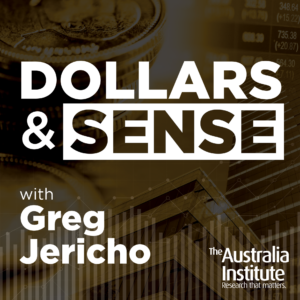The Reserve Bank now forecasts real household incomes will take longer to recover than they did during the 1990s recession and is also projecting economic growth at historical lows. Australian consumers are right to feel worried about the future.
Right now Australian consumers have less confidence than they did in April 2020 when the entire world was locked down and the pandemic was raging without any prospect of a vaccine.
That might suggest that Australians are overly pessimistic, especially given unemployment is at generational lows of 3.5%, but when you look at the statements of the Reserve Bank and its projections for the next 2 years, it is little wonder Australians are worried.
Last week the RBA not only lifted the cash rate for the 9th straight time, it signalled that there would be a plural number of rises to come. In response, the market now anticipates at least three more rate rises, with a slight chance of 4 more. That would be easily the fastest and largest raising of interest rates since the late 1980s. And Australians are well aware of what occurred after the 1980s rate rises.
Indeed even the Reserve Bank is anticipating a sharp slowing of the economy. While not suggesting a recession is imminent, in its latest Statement on Monetary Policy the RBA forecast 2 straight years of GDP growth of less than 1.8%. That would equal the record length of less than 2% growth during the 1990s recession. In reality, anytime Australia’s economy has grown by less than 2% for just one year there has been either a recession or near recession conditions such as during the GFC.
Australians are right to be wary especially as their standard of living has suffered a sharp decline in the past year as incomes fail to keep up with inflation.
The Reserve Bank of course does need to be concerned about inflation but given the expectations of recessions of slight contractions in the UK, USA and Europe the risk of a recession should be weighed much higher than they currently are.
Between the Lines Newsletter
The biggest stories and the best analysis from the team at the Australia Institute, delivered to your inbox every fortnight.
You might also like
The disempowerment of the ‘consumer’ in public services
We are all consumers. Every one of us.
Delayed RBA cut is welcome, but borrowers are still lagging
The RBA has cut interest rates – five weeks too late.
BREAKING: Australia’s housing market still cooked
Even the Mathias Cormann-led OECD says the capital gains tax discount and negative gearing are a problem.



